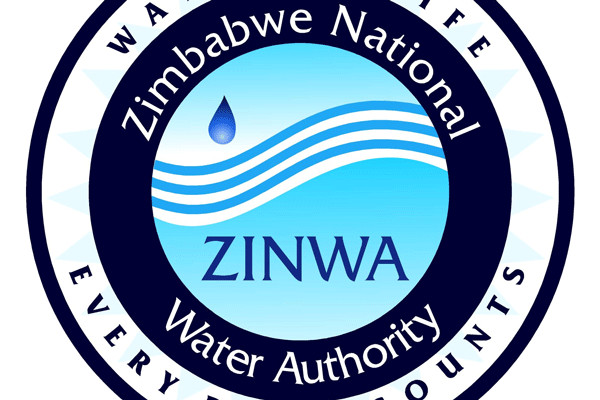
The Zimbabwe National Water Authority (Zinwa) is clutching onto Beitbridge water despite its glaring inefficiency and open rejection by residents.
BY OWN CORRESPONDENT
Throughout last week, public and private stakeholder submissions to a commission appointed by the government to investigate Beitbridge Town Council (BTC) and Zinwa’s impasse revealed residents wanted to get rid of Zinwa.
Beitbridge has over the last five months been haunted by acute water shortages after Zinwa introduced stringent distribution measures to force BTC to pay a $12 million debt.
In response, council wrote to central government for authority to take over the water supplies, arguing Zinwa put money ahead of human life.
A lone voice from Tommy Rosen, Zinwa’s Mzingwane catchment manager in charge of water in Beitbridge, became the only dissenting submission that his employer remains in charge.
Rosen’s justification is Zinwa’s “great plans” following the construction of a multi-million water plant in Beitbridge expected to throw supplies into a radius of some 40km into rural Beitbridge.
Piped water would be availed to Lutumba, Number Two, Dumba, Nuli and Mapayi areas, said Rosen whose organisation has failed to supply water to more than 3 000 new houses in Mbedzi, SDP, New Medium Density and Kingdom Light suburbs apart from numerous other industrial areas in the border town.
- Chamisa under fire over US$120K donation
- Mavhunga puts DeMbare into Chibuku quarterfinals
- Pension funds bet on Cabora Bassa oilfields
- Councils defy govt fire tender directive
Keep Reading
“It’s a great grand plan, but its far from what people are talking about now. Zinwa is absent now and poses a great health risk,” Adrian Moyo of Dulivhadzimo said.
Commission chairperson Gilbert Mawere, whose five-member team was in Beitbridge for a week, referred questions to BTC.
“We can only give our report to the minister who sent us, but council would be in a position to say,” he said.
BTC chief executive Loud Ramakgapola said submissions by the Immigration Department, Beitbridge District Hospital, the Zimbabwe Revenue Authority and numerous other public departments were direct.
They all spoke about hardships brought by lack of water and immigration (department) and the hospital expressed concern.
The immigration office at Beitbridge handles an average of 11 000 people in transit daily and Beitbridge hospital is a referral centre for the district’s population estimated at 120 000 people.
The hospital, which in 2008 and 2009 handled cholera outbreaks which claimed close to 5 000 people countrywide, has at times had to send away patients for lack of water.
“People are concerned and they did not hide that,” Ramakgapola said. “What also surprises us is that Zinwa wants to run water, but refuses to take over the sewer system which operates with water. If they want water, it goes with the sewer.”
On his council capacity, a key factor in the envisaged takeover, Ramakgapola said he had a competent finance team and water billing was being done by council.
Council, which is due to introduce prepaid water meters, will have the capacity to buy chemicals, service the debt and deliver water to the entire town.
“Besides we will make water affordable to residents, at the moment it priced at commercial rates,” Ramagkapola said.
On the huge debt, he said Zinwa did not write off debts in defiance of government instructions and it had not reduced costs when chemicals were supplied for free by the United Nations Children’s Fund after the cholera outbreak.











